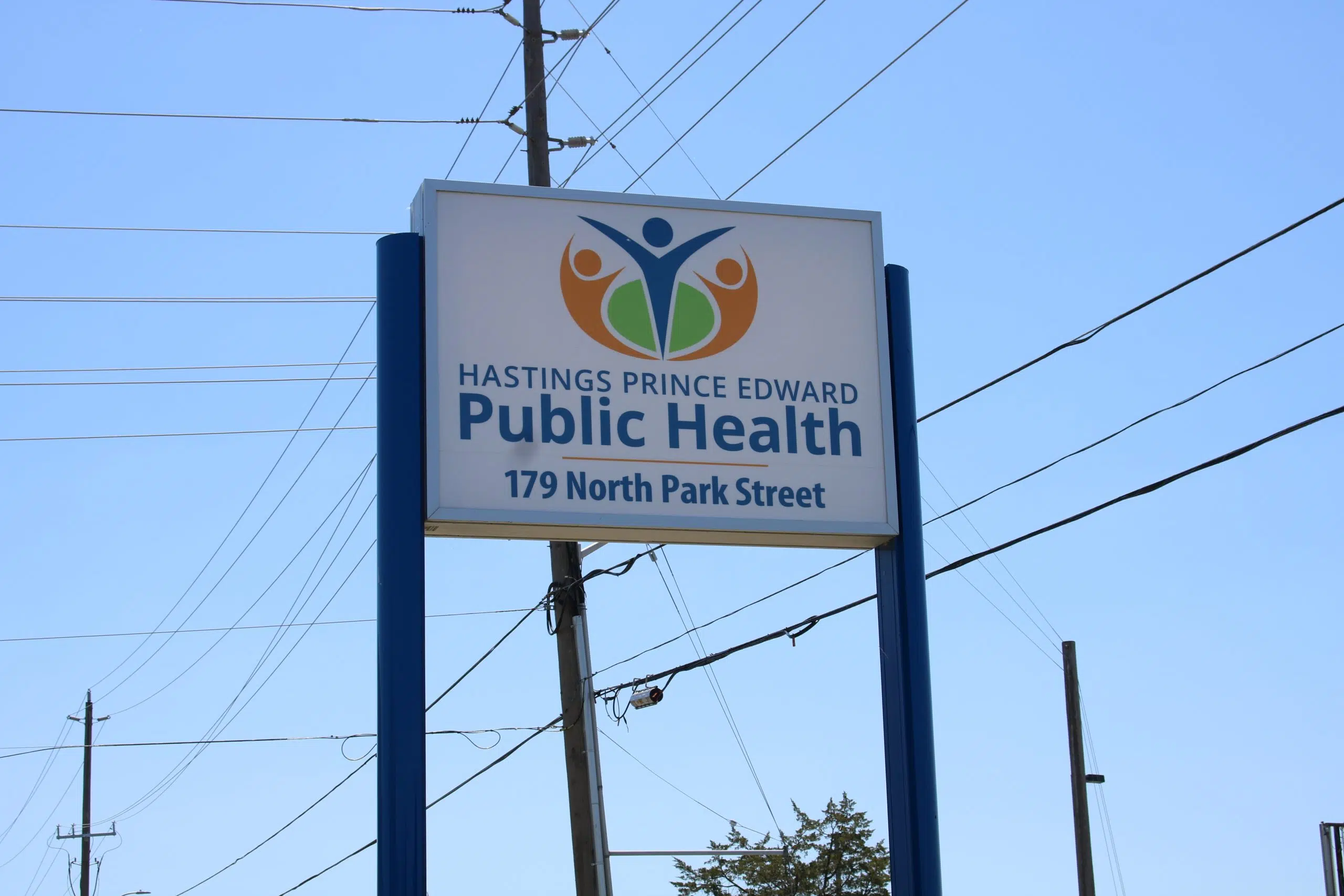The following was submitted by Hastings Prince Edward Public Health.
On Monday, April 8 from approximately 2 p.m. to 4:33 p.m., parts of Hastings and Prince Edward Counties will be in the path of totality of the solar eclipse. A solar eclipse is a rare celestial event where the moon passes between the Earth and the sun, casting a shadow on the Earth’s surface. Areas in the path of totality will experience complete darkness during the total eclipse, starting at approximately 3:20 p.m. and lasting less than a few minutes.
Hastings Prince Edward Public Health (HPEPH) is reminding residents that viewing the sun with your naked eye can cause temporary or permanent vision impairment, including blindness. Regular sunglasses do not protect your eyes from potential hazards related to the eclipse.
“It’s not safe to look at the sun during the eclipse without approved eye protection,” says Dr. Ethan Toumishey, Medical Officer of Health for HPEPH. “Approved eye protection must be used to safely view all stages of a solar eclipse. Looking at even a small sliver before or after the eclipse without proper eye protection can be harmful to your vision. Symptoms may not show for 12 to 48 hours and could involve retinal burns, blurred vision, and temporary or permanent vision loss. Unfortunately, once symptoms start, it is usually too late to reverse damage, so prevention and protection of your eyes is critical.”
Glasses with specialized filters adhering to the ISO 12312-2 international standard can be worn to prevent eye damage:
- Glasses should be inspected for wrinkles, punctures, or scratches ahead of use and should not be used if damaged.
- Ensure that eclipse glasses fully cover your field of vision. Put on glasses when looking away from the sun, then look at the eclipse. Look away from the sun before taking glasses off.
- Children and dependant adults should be supervised during eclipses if they do not understand the risks involved.
If you do not have appropriate eye protection, alternate viewing strategies should be considered, such as an eclipse box or a LiveStream.
If you experience any changes to your vision during or after the eclipse, speak to your optometrist, health care provider or contact Health811 by calling 811 as soon as possible. If you experience blindness, seek emergency care immediately.
For more information about eye safety and proper viewing devices during the eclipse, visit our Solar Eclipse page.






